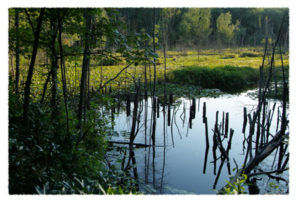WELCOME TO ENVIRONMENTAL CONSERVATION!
Welcome to the Connecticut Council on Soil and Water Conservation. The Council is created by state statute to coordinate activities and partnering opportunities of Connecticut’s conservation districts, www.conservect.org, and other federal, state and local agencies on environmental and natural resource land use projects.
The Council works together on a number of natural resource issues in the State of Connecticut, primarily focusing on:
(1) erosion and sedimentation control,
(2) water quality and quantity
(3) land use issues.
The Council is governed by a Board of Directors made up by a representative from:
* Each of the five Conservation Districts
* The Department of Energy and Environmental Protection
* The Department of Agriculture
* UCONN’s Cooperative Extension System
* A non-governmental organization appointed by the Governor
The Council also is made up of at-large non-voting members representing Natural Resources Conservation Service, Farm Service Agency, Connecticut Agricultural Experiment Station, Resource Conservation & Development Council, and (as needed) municipal staff responsible for soil erosion and sedimentation control.
Connecticut’s Conservation Districts were created by C.G.S. 22a-315a. Conservation Districts are locally governed, natural resource based agencies. District programs are implemented by staff at the direction of each of the five Districts’ locally elected Board of Directors. Districts were created to provide timely and unbiased, technical and educational services on local land use issues, for farmers, municipal land use decision makers and land owners.
The Council supports its mission of working to strengthen and extending a statewide program to conserve and protect the land and water resources of Connecticut through its legislative charge of coordinating projects of the Conservation Districts with other state, regional and local agencies on various natural resource and land use projects. Such projects include, but are not limited to:
* Comprehensive review of development projects
* Erosion control and stormwater plan reviews
* Workshops on natural resource topics
* Soils and geographic information, including GIS
* Pond inspections and trouble-shooting
* Natural resource surveys and inventories
* Wetland boundary verification
* Native landscaping, buffer and streambank restoration assistance
* Channel restoration and design guidance
* Soil sampling
* Funding assistance to municipalities and land owners for special projects
* Facilitating connections to other natural resources professionals
For more information visit: www.conservect.org
